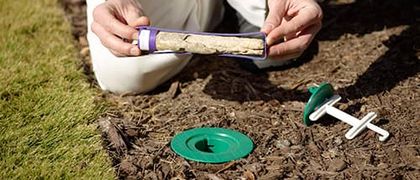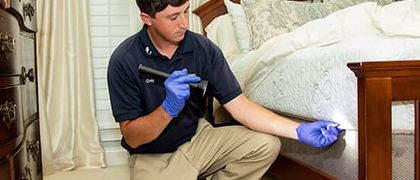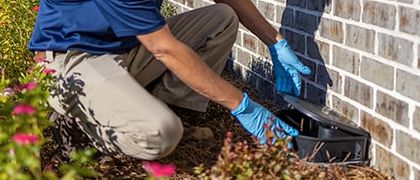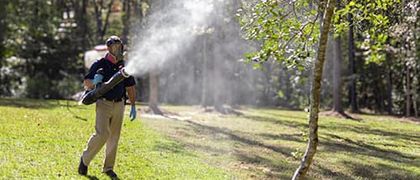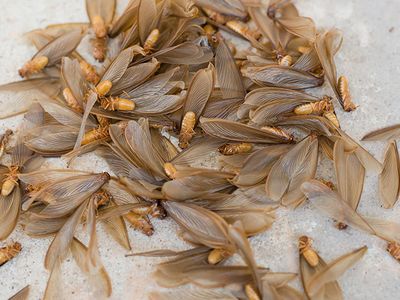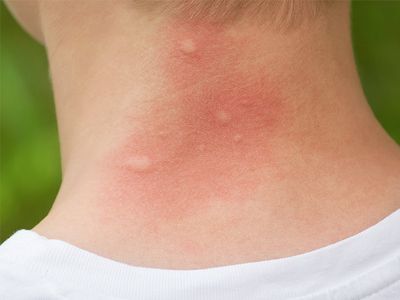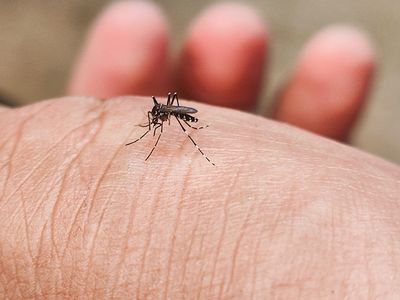What do lone star ticks look like?
Female lone star ticks are brown with a distinct white dot or "lone star" on their backs. Males are smaller and have mottled coloring. Both have oval-shaped bodies and eight legs. Lone star tick nymphs and larvae are smaller, lighter, and have six legs. They do not have the distinctive white spot found on adult females at these younger stages.
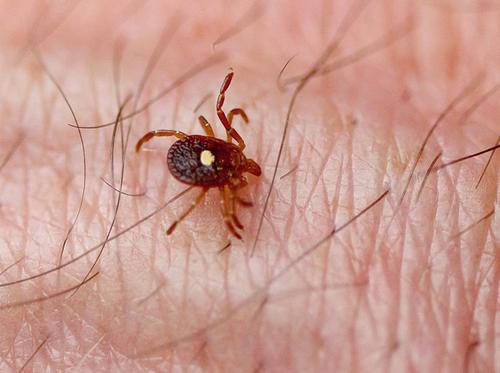
When are lone star ticks most active?
What diseases can lone stars ticks transmit?
Lone star ticks can transmit various diseases, including ehrlichiosis and Southern tick-associated rash illness (STARI), which is similar to Lyme disease. This particular tick can also cause alpha-gal allergy, also known as the red meat allergy.
Are lone star tick bites painful?
Female blacklegged ticks must have a blood meal at every stage to survive and to reproduce. Male ticks also feed on blood but do not need as much as females to survive. Common hosts include people, dogs, deer, mice, and other mammals, as well as birds.
Do lone star ticks affect pets and livestock?
Yes, lone star ticks can affect pets and livestock. They can transmit diseases like ehrlichiosis to dogs.
Can lone star ticks be found in urban areas?
While lone star ticks are primarily associated with wooded and grassy areas, they can be found in urban and suburban environments as well.
Are lone start ticks common in South Carolina?
They are very common. According to Clemson University’s website, the Lone star tick is the most collected tick in South Carolina.
Where are lone star ticks found?
Like blacklegged ticks, lone star ticks are also commonly found in wooded and grassy areas. They prefer environments with high humidity.
How can I control lone star ticks in my yard?
The most effective way to eliminate ticks from your yard is to contact a pest control company that specializes in tick control.
How do I get rid of lone star ticks?
For effective and affordable tick control in the Pee Dee and Grand Strand regions, contact Harris Pest Control. Our locally owned pest control company offers targeted tick spraying with proven results. Contact us today for help getting rid of ticks on your property!
How can I prevent lone star ticks?
Here are a few tick prevention tips to help you avoid ticks bites and to make your property a no
tick zone:
- Keep your grass cut low
- Trim back tall grass and dense vegetation
- Remove ground cover
- Pick up your yard
- Address rodent issues and avoid feeding wildlife
- Do not walk in areas with tall grasses or that are wooded and brushy
- Use trails and paths when hiking
- Wear long-sleeved shirts and pants tucked into socks when spending time outside
- Consider wearing a tick repellent
- Perform tick checks after each outdoor excursion
- Check pets regularly for ticks and talk to your vet about a tick preventative










